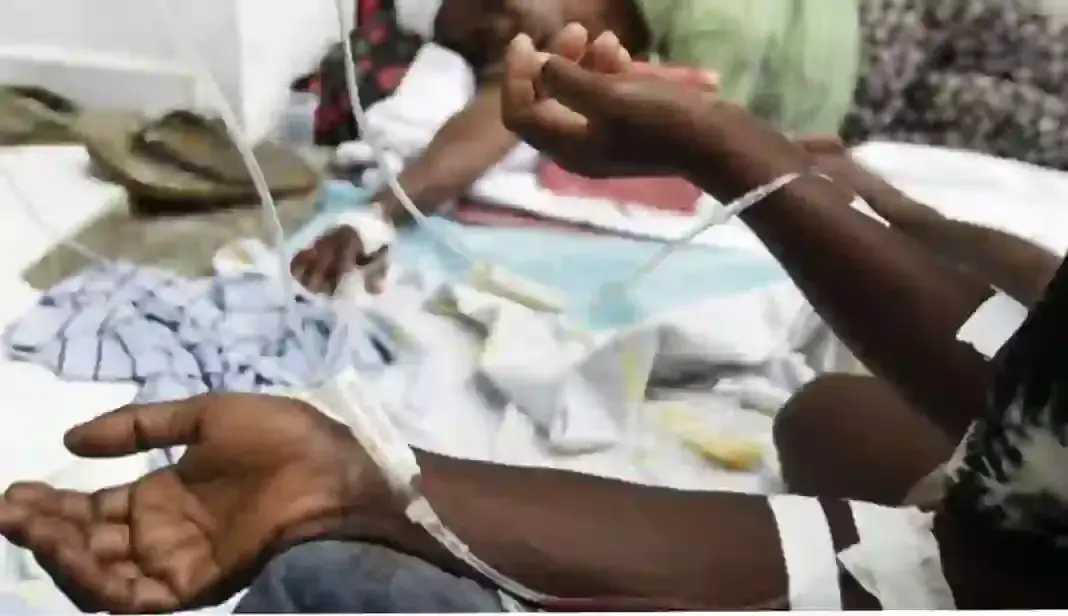The cholera outbreak in Lagos has intensified, resulting in 21 deaths and 401 suspected cases across the state.
This was confirmed by Dr. Kemi Ogunyemi, Special Adviser to the Lagos State Governor on Health, during an update on the disease.
Dr. Ogunyemi disclosed that the hardest-hit areas include Lagos Island, Kosofe, and Eti Osa. The death toll has increased from the previously reported 15 to 21 fatalities.
“The rise in cases was anticipated following the Ileya festivities, during which large gatherings occurred,” Dr. Ogunyemi stated. She noted that the number of suspected cases is starting to decline across Local Government Areas (LGAs) due to ongoing state government interventions and surveillance efforts.
The Lagos State Government, through the Ministry of Health, has intensified surveillance and monitoring to curb the spread of cholera.
Collaboration with the Ministry of Environment and the Lagos State Environmental Protection Agency (LASEPA) has been crucial in identifying the sources of contamination. These efforts include collecting samples from water sources, food, and beverages.
Additionally, the state is working with the Ministry of Basic and Secondary Education and the Ministry of Tertiary Education to ensure safety measures are implemented in schools as students return. Dr. Ogunyemi urged residents to remain vigilant, practice good hand hygiene, and participate in community sanitation activities to prevent the spread of cholera.
She stated the importance of seeking immediate medical attention if symptoms such as watery diarrhea, vomiting, abdominal pain, general malaise, and fever occur. Cholera treatment is available free of charge at all public health facilities.
Governor Babajide Sanwo-Olu has reiterated his commitment to providing quality and affordable healthcare to Lagos residents. The state government expressed gratitude to local, national, and international partners—including UNICEF, WHO, NCDC, NIMR, and the Red Cross—for their support in combating the outbreak.
Dr. Ogunyemi also praised the dedication of doctors, nurses, pharmacists, lab scientists, environmental health officers, Water Corporation officers, surveillance officers, heads of agencies, members of the Public Health Emergency Operations Centre (PHEOC), and volunteers who are tirelessly working to control the disease and ensure the safety of Lagos residents.



